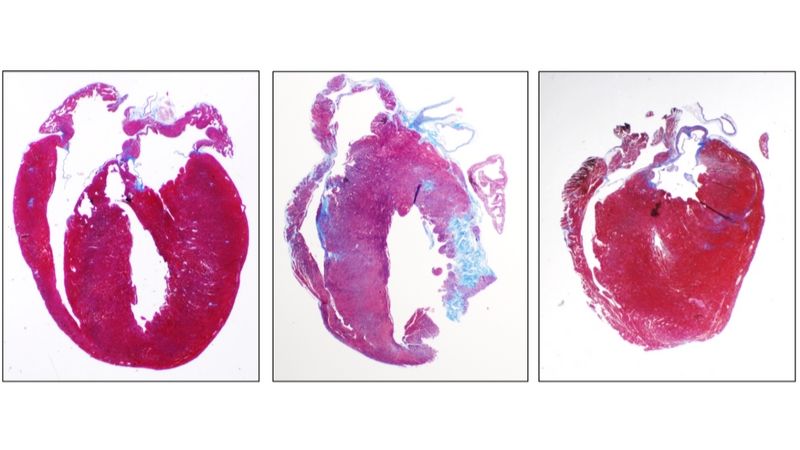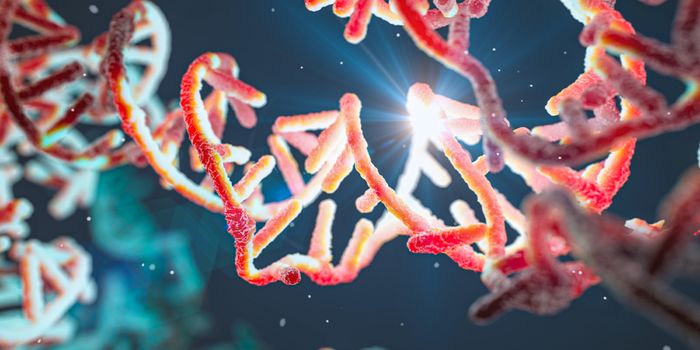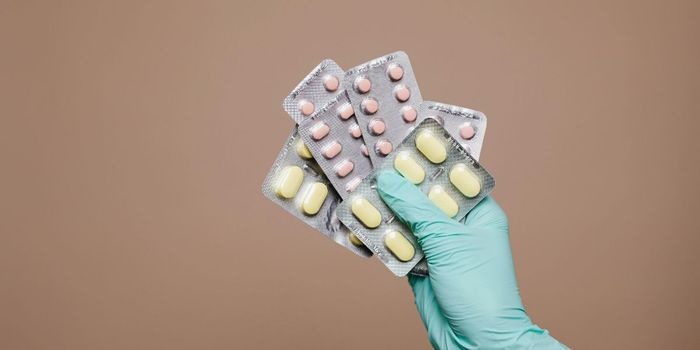Therapeutic Targets Inflammation Associated with Genetic Heart Disease
Often times when young athletes collapse during the game it is due to sudden cardiac death as a result of the inherited arrhythmogenic cardiomyopathy (ACM). Researchers have sought a new drug that can help reduce some of the ACM disease symptoms and progression to heart failure in affected individuals. The drug is referred to as ‘Bay-11-7082’ and is currently used in laboratory settings for experimental purposes.
Learn more:
"We realized that heart muscle inflammation in ACM is much more complicated than we thought, but also might provide a therapeutic strategy," says Stephen Chelko, Ph.D., assistant professor of medicine at the Johns Hopkins University School of Medicine.
ACM patients carry mutations in any of the five genes that are involved with holding the heart cells together. If an individual is aware that they carry such mutations, they are warned to avoid certain exercises and are placed on particular diets. Although some drugs are prescribed to maintain a slower heart rate, there are currently none that target the underlying defects of ACM.
"We tended in the past to view ACM as something that kills due to a sudden arrhythmic event," said Chelko. "But now we're starting to also see it as a chronic inflammatory disease that can progress more slowly over time, leading to heart failure."
Researchers have examined the molecular origins of heart inflammation in people with ACM. Findings, published in Circulation, shows that inflammation is a result of two separate causes: the high levels of an immune cell known as macrophages, a type of immune cell that's normally found at sites of inflammation and the presence of protein nuclear factor kappa-light-chain-enhancer of activated B cells (NF-κB).
A healthy mouse heart (left), a mouse heart with cardiomyopathy (center) and a mouse heart with cardiomyopathy treated with the NF-κB-blocking drug Bay-11-7082 (right).
Credit: Circulation via HopkinsMedicine.org
"Macrophages are usually the good guys who help heal a wound and then leave," said Chelko. "But in ACM they're permanently setting up shop in the heart, which, over time, reduces its function. We're very excited to have found an FDA-approved drug that can reduce heart inflammation in ACM, and we're eager to do more research to ultimately help those who carry these genetic mutations.”
Story Source: Johns Hopkins Medicine









